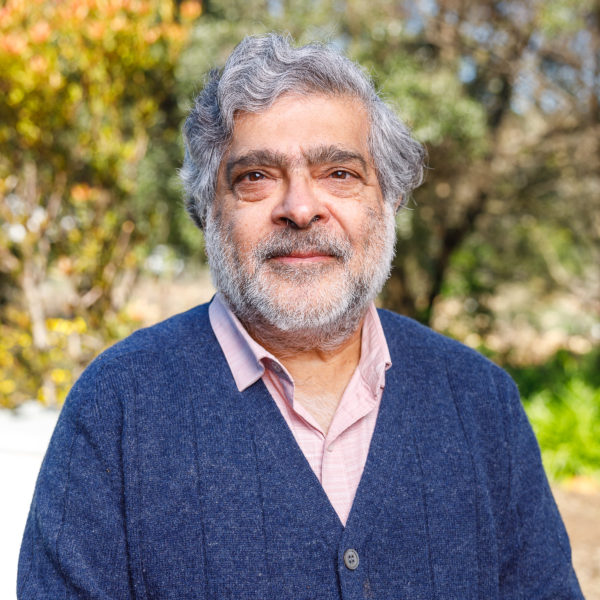I have conceptualized a work encompassing four distinct yet related books, each around 150 pages long, tentatively entitled the “Genocide and Hope Quartet”, and comprised of the following parts: Dandi; Auschwitz; Hiroshima; and Robben Island. “Auschwitz” has become the byword for nearly everything signified by the Holocaust, for an unprecedented combination, in Primo Levi’s words, “of technological ingenuity, fanaticism, and cruelty.” Similarly, “Hiroshima” has transcended that site called Hiroshima, suggesting some extraordinary moral transgression on the part of man.
During my residency, however, I propose to work on the other two books on Dandi and Robben Island that explore the redemptive possibilities of nonviolence. Gandhi’s salt satyagraha at Dandi, Gujarat, opened the world to the transformative and performative aspects of mass nonviolent resistance. I will be dwelling largely on Robben Island, where Nelson Mandela and South Africa’s other leading political prisoners were interned: the country’s most notorious penitentiary became a great site of learning. I argue that we are yet to understand how ideas of anti-colonialism revolutionize reading and reading in turn engenders revolution, and how Robben Island seeded the Truth and Reconciliation Commission, a distinctly new contribution to the history of nonviolence. It is in Robben Island that we can witness the dialectical unfolding of nonviolence.
Menu
Share this project:
Share on whatsapp
WhatsApp
Share on email
Email
Share on facebook
Facebook
Share on twitter
Twitter
Share on linkedin
LinkedIn
Is any information on this page incorrect or outdated? Please notify Ms. Nel-Mari Loock at [email protected].

